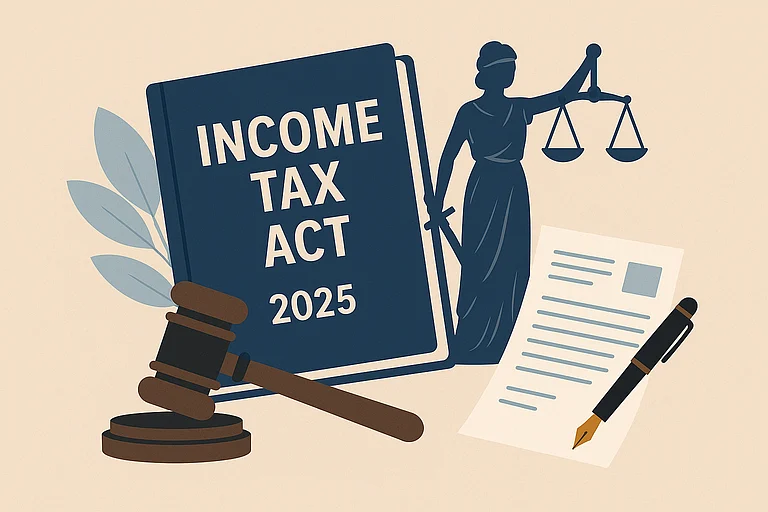Ramesh Narain Parbat, Member (Legislation), CBDT has clarified that search and seizure actions are very limited in number and are initiated only when we have credible information on tax evasion.
A standard operating procedure for handling digital evidence is expected soon.


